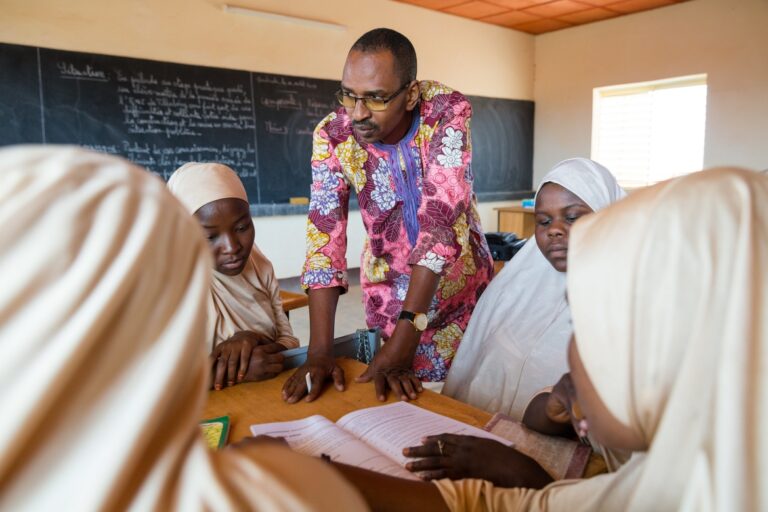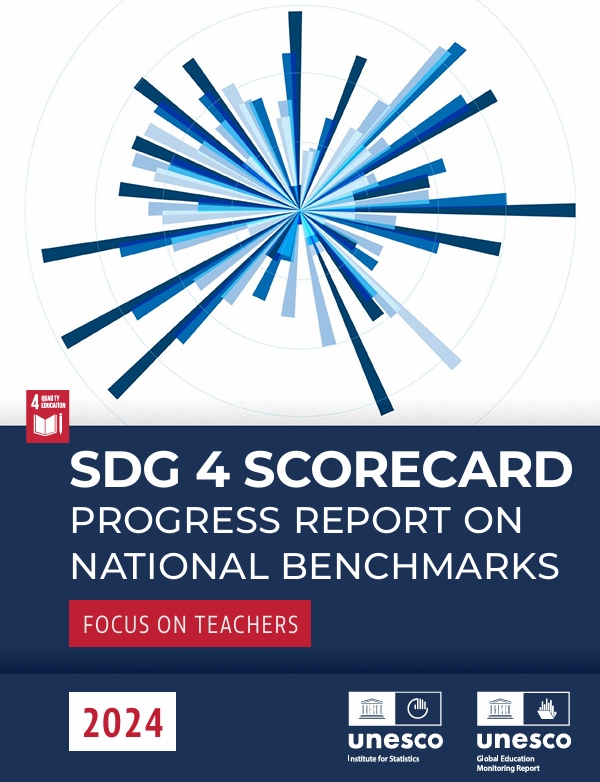Story Source: QRIUS ~ Go to Original Article
Teaching is the most important job in the world; it impacts the growth and prosperity of both communities and nations. The prospects of any country’s children cannot exceed the quality of its educators and yet, traditionally, limited focus has been placed on ensuring that all educators are equipped to succeed.
It matters because it is universally agreed that we need to tackle the learning crisis for the one in two children being failed around the world who do not even pick up the basics of literacy and maths. The global Education Commission estimates that there as many as 600 million children in school struggling like this. This objective – Sustainable Development Goal 4 – underpins many of the other development goals. Teacher quality is the most important determinant of learning outcomes, but in many countries teachers are in short supply, isolated or not adequately supported…………………..………………….……………………..






